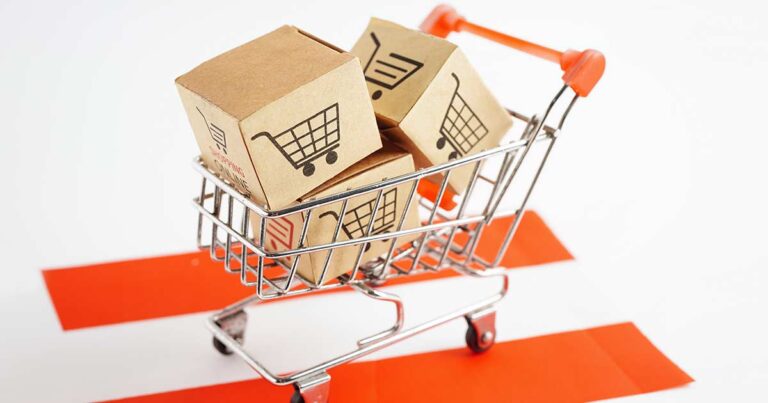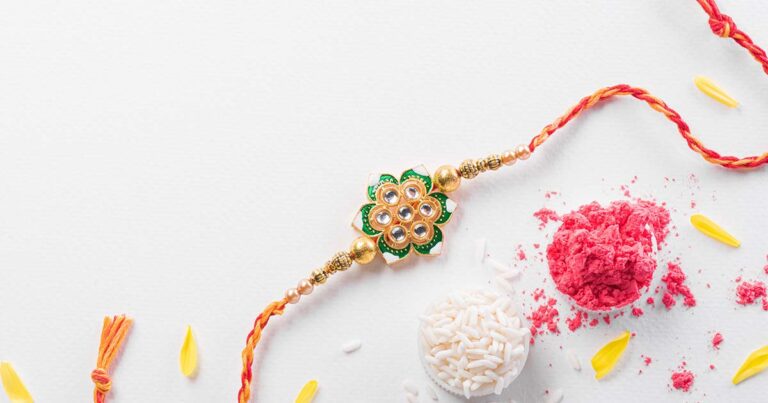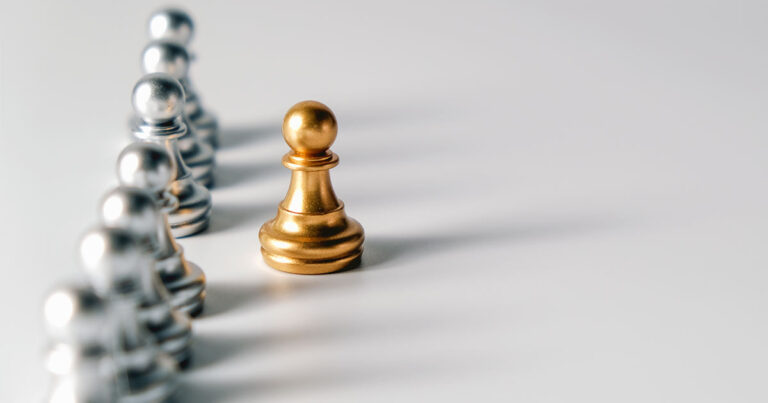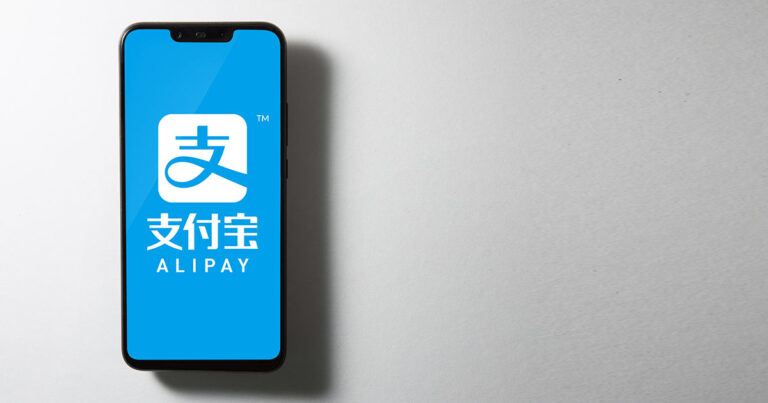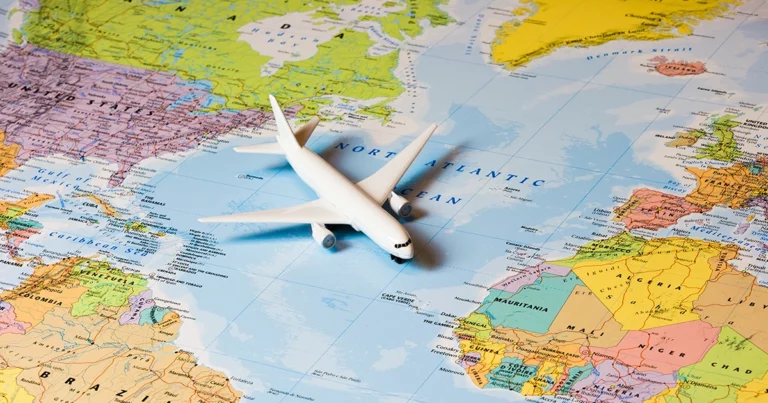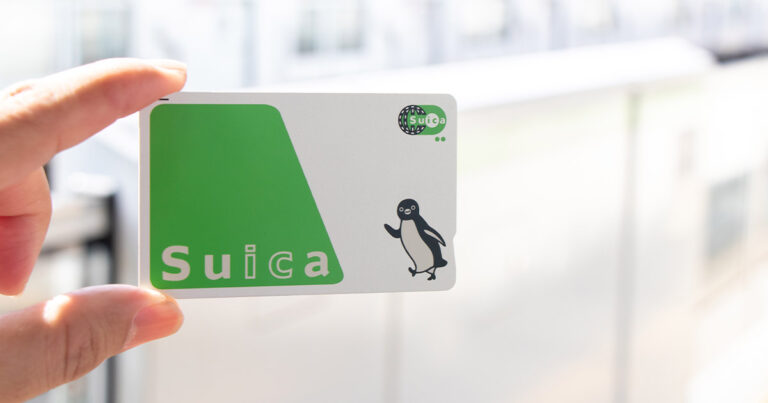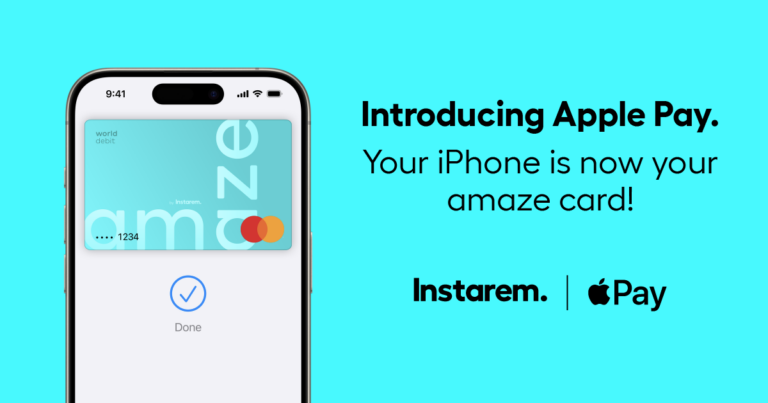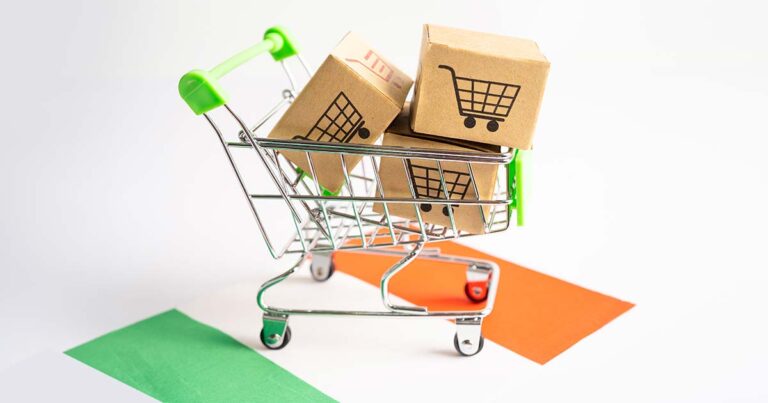Eid al-Adha 2024: Everything you need to know about feast of sacrifice
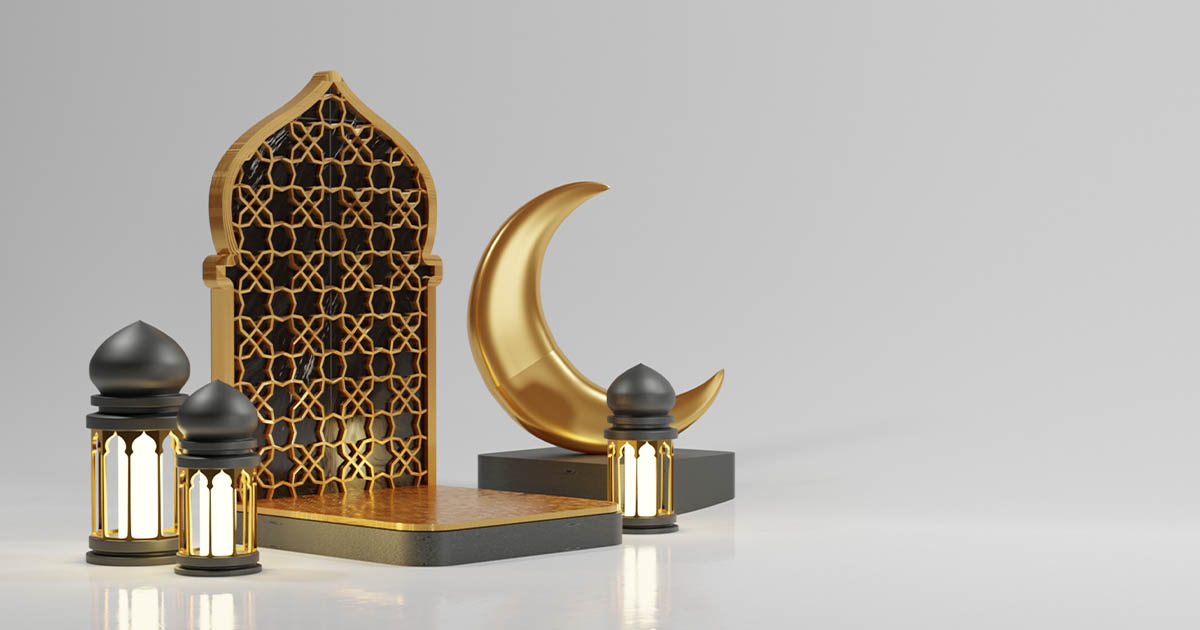
This article covers:
- What is Eid al-Adha and what does Eid al-Adha mean?
- Eid al-Adha history
- When is Eid al-Adha?
- How long is Eid al-Adha?
- What do Muslims do on Eid al-Adha?
- How to celebrate Eid al-Adha as an expat?
- What if you are invited to an Eid al-Adha celebration?
- Before you go…
- Frequently Asked Questions
- What is the difference between Eid al-Fitri and Eid al-Adha?
So, you know how Eid al-Adha usually rolls around about two months after Eid al-Fitri? Well, it’s another biggie on the Muslim calendar.
In this guide, we’re going to give you the full scoop on Eid al-Adha. We’re talking history, celebrations, traditions – you name it, we’ve got it covered! Plus, we’ll fill you in on how you can join in on the fun as an expat or as a guest if you’re invited to the celebrations.
So, let’s dive right in and uncover all there is to know about this awesome festival!
What is Eid al-Adha and what does Eid al-Adha mean?
Eid al-Adha is also known as the Feast of Sacrifice in English. It’s a big deal in the Muslim calendar, marking an important event in Islamic history.
Eid al-Adha history
The story goes that Prophet Ibrahim (AS), a revered figure in Islam, showed his dedication to Allah s.w.t by being ready to sacrifice his son Prophet Ismail (AS) (or Ishmael in some traditions) when Allah s.w.t commanded him to do so. It’s a powerful tale of faith and obedience.
And if you’re curious how it all turned out, no sweat. Right when Prophet Ibrahim (AS) was about to go through with it and sacrifice his son for Allah s.w.t, Allah s.w.t stepped in and gave him a lamb instead.
When is Eid al-Adha?
Eid al-Adha for 2024 kicks off on Sunday, June 16th in the evening.
How long is Eid al-Adha?
Eid al-Adha stretches out for four whole days! That means in 2024, starting from Sunday, June 16th , it’ll be going strong until Thursday, June 20th in the evening.
So mark your calendar and get ready to celebrate!
What do Muslims do on Eid al-Adha?
First things first, they head to the nearest mosque in the morning for Eid prayers. Right after that, it’s Qurbani time – where they sacrifice an animal as part of the tradition.
Now, when it comes to choosing the animal for Qurbani, they’ve got options: sheep, lamb, goat, cow, bull, or camel. Depending on how big the animal is, it’s either one share for the smaller ones or seven shares for the larger ones. But hey, they’ve got to be healthy and meet the age requirements for a proper halal slaughter.
After the sacrifice, the meat gets divvied up into three equal parts per share: one for the fam, one for friends, and one for those in need.
And then? Well, it’s all about kicking back with family and friends, decked out in their best attire, and spreading the love with some thoughtful gifts. Eid al-Adha is basically one big celebration, overflowing with happiness, thankfulness, and generosity.
How to celebrate Eid al-Adha as an expat?
The way you do it can vary a lot depending on where you’re living, but there are a few key ingredients that make it special. Food and visitors are definitely at the top of the list!
You’ll find that the differences between places often come down to things like the size of the gatherings for prayers, known as Salat al-Eid, and where these prayers are held. Plus, the number of Muslims in your area can really shape how widespread the celebrations are. Oh, and don’t forget about whether halal slaughter is allowed where you are – that can make a big impact too!
But no matter where you are, there are some general ways to celebrate.
You can start by checking out local places of worship for prayers, and make sure to reach out to family and friends, whether that’s through visits or calls.
And of course, what’s Eid without a feast? So, get ready to eat and celebrate, maybe even dress up a bit for the occasion.
And if there are any community events happening nearby, be sure to swing by – they can add an extra layer of fun to your Eid celebrations!
What if you are invited to an Eid al-Adha celebration?
Well, get ready to dig into some amazing food and catch up with family and friends. It’s pretty common to bring a little something to share. Now, if you’re not sure what to bring, no worries! You could go for a gift basket with halal goodies that steer clear of pork and alcohol – think gelatine-free treats or a nice fruit and nut combo.
As for what to expect at the party, get ready for a feast of ethnic and cultural dishes and drinks. It’s all about enjoying the flavours and having a blast with everyone else there. And hey, if there’s anything you’re curious about or don’t quite get, just ask – folks are usually happy to fill you in.
Oh, and heads up: you might notice that the male and female hang out separately at times. If you’re a guy meeting some ladies, hold off on the hugs or handshakes unless they make the first move. And ladies, same goes for you – always best to follow your hostess’s lead on the greetings.
Before you go…
Hey, need to get a gift sorted for your family overseas this Eid? If you’re not keen on dealing with parcels and shipping, no sweat – there’s a hassle-free way to ensure your gift gets to them on time and with ease.
Check it out: Use the Instarem app to send money abroad effortlessly and affordably. With competitive exchange rates and minimal fees, our user-friendly platform lets you make international transfers in just a few clicks!
So, why wait? Send a money transfer with Instarem and add a little sweetness to your family’s celebrations.
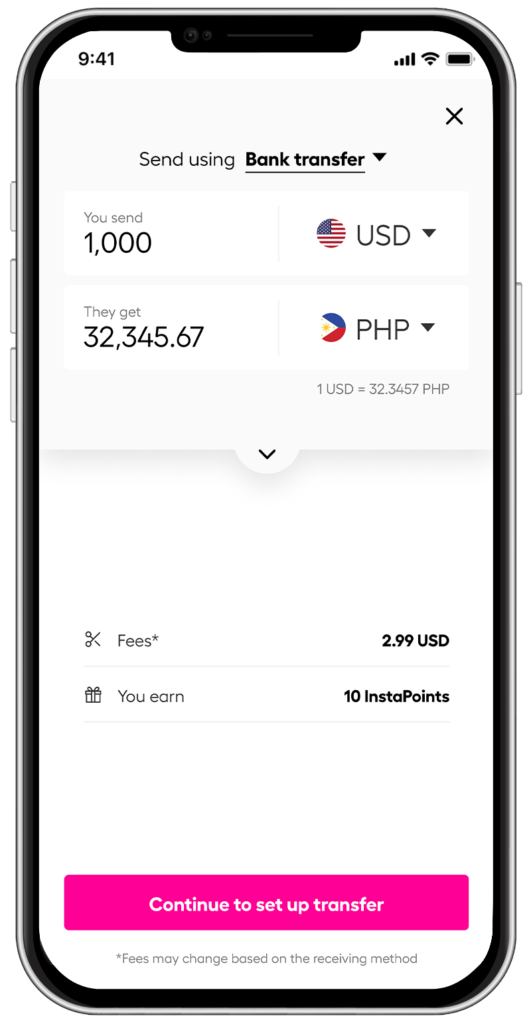
*rates are for display purposes only.
Ready to give it a go? Download the app or sign up on the web and see how easy it is to send money with Instarem.
Frequently Asked Questions
How to pronounce Eid al-Adha?
Alright, let’s get the pronunciation of “Eid al-Adha” down! Check it out: “Eid” sounds like “eed,” “al” stays as “al,” “Ad” gets a bit of emphasis like “AD,” and “ha” is like “hah.” So, when you put it all together, it should sound something like “Eed-al-AD-hah.”
Is it compulsory to sacrifice on Eid al-Adha?
Sacrificing an animal on Eid al-Adha is something many Muslims choose to do, but it’s not like a must-do thing for everyone. It’s kind of like a recommended practice, especially if you’re able to afford it.
The idea is to follow the example of Prophet Ibrahim (AS) and show obedience to Allah s.w.t.
But hey, if you’re not in a position to do it for whatever reason, no biggie – it’s more about the intention and devotion behind the act rather than feeling like you absolutely must do it.
What do you do on Eid al-Adha?
Eid al-Adha is a cherished Muslim celebration marked by prayers, animal sacrifices, and communal gatherings.
Beginning with early morning prayers at the mosque, followed by the tradition of sacrificing animals like sheep or goats, the day emphasises devotion and generosity. The meat from the sacrifices is distributed among family, friends, and those in need, symbolising unity and compassion within the community.
The festivities continue with gatherings, feasting, and exchanging gifts, fostering joy and gratitude among participants. Overall, Eid al-Adha is a meaningful occasion that highlights the values of faith, charity, and togetherness.
What food is eaten on Eid al-Adha?
Think juicy meat dishes like roasted lamb or beef, along with flavourful curries and kebabs. Rice dishes and bread are also on the menu to complement the main course.
And of course, there’s no shortage of sweet treats like baklava and halwa to satisfy your sweet tooth.
Don’t forget fresh fruits like dates and watermelon to round off the meal. It’s all about gathering with family and friends, enjoying delicious food, and celebrating the occasion in style!
What is the difference between Eid al-Fitri and Eid al-Adha?
Eid al-Fitri: Picture this as the big celebration at the end of Ramadan, the month of fasting. It’s all about coming together, feasting, giving to those in need, and saying thanks to Allah s.w.t for helping everyone through the fasting month.
Eid al-Adha: This one’s like a big thanksgiving. It honours Prophet Ibrahim’s (AS) readiness to sacrifice his son for Allah s.w.t. Coinciding with the Hajj pilgrimage, it’s a time for prayers, feasts, and sharing with others, while remembering the importance of faith and obedience.
You know, if you take a closer look at the two festivals, you’ll notice that Eid al-Adha holds a special place. It’s kind of seen as the more sacred of the two. One big reason is because it corresponds with the conclusion of Hajj, the annual pilgrimage to Mecca in Saudi Arabia.
*Disclaimer: This article is intended for informational purposes only. All details are accurate at the time of publishing. Instarem has no affiliation or relationship with products or vendors mentioned.
Instarem stands at the forefront of international money transfer services, facilitating fast and secure transactions for both individuals and businesses. Our platform offers competitive exchange rates for popular currency pairs like USD to INR, SGD to INR, and AUD to INR. If you're looking to send money to India or transfer funds to any of 60+ global destinations, Instarem makes it easy for you. We are dedicated to simplifying cross-border payments, providing cutting-edge technology that support individuals and businesses alike in overcoming traditional fiscal barriers normally associated with banks. As a trusted and regulated brand under the umbrella of the Fintech Unicorn Nium Pte. Ltd., and its international subsidiaries, Instarem is your go-to for reliable global financial exchanges. Learn more about Instarem.



